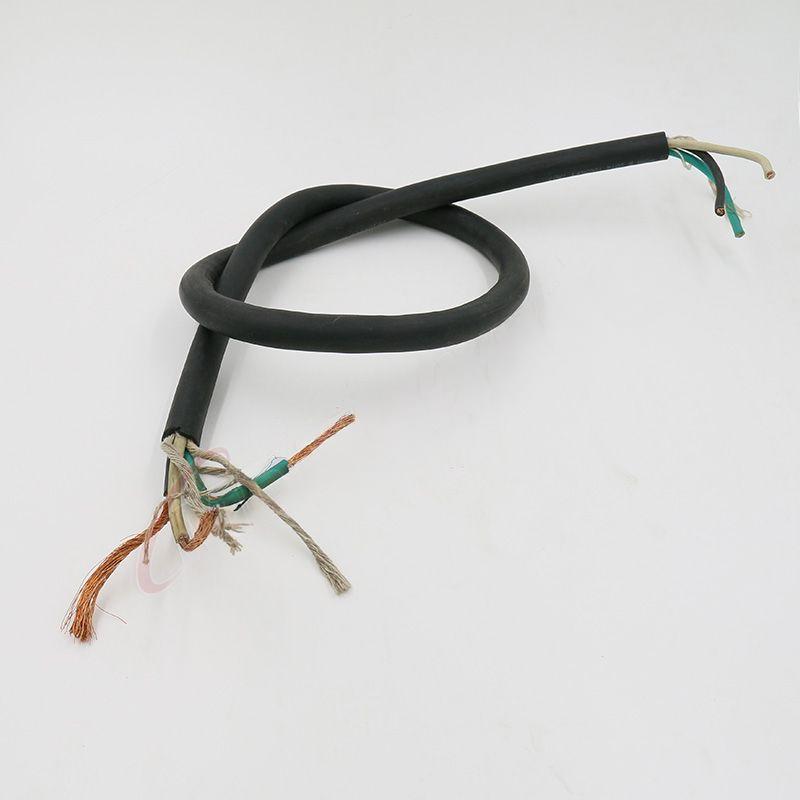നവം . 13, 2024 13:27 Back to list
pneumatic ball valve
Exploring Pneumatic Ball Valves Function, Advantages, and Applications
Pneumatic ball valves play a crucial role in various industrial applications, offering a reliable and efficient solution for controlling fluid flow. These devices utilize the power of compressed air to operate the valve, allowing for quick, precise control in numerous settings, including manufacturing, food processing, and chemical industries.
What is a Pneumatic Ball Valve?
At its core, a pneumatic ball valve consists of a hollow, perforated sphere (the ball) that can rotate within a valve body. The valve's design allows for a straightforward and effective method of controlling the flow of gases and liquids. When the ball's groove aligns with the inlet and outlet ports, the fluid flows freely. Conversely, when the ball is rotated 90 degrees, the flow is interrupted, effectively sealing the system.
Mechanism of Operation
Pneumatic ball valves are operated using pressurized air. A pneumatic actuator is connected to the valve, which controls the rotation of the ball. When air is sent to the actuator, it pushes against a piston, causing the valve stem to turn and consequently rotating the ball to either open or close the passage. This mechanism allows for fast actuation—typically taking only seconds to respond—making it suitable for applications requiring quick shut-off and flow regulation.
Advantages of Pneumatic Ball Valves
1. Speed of Operation One of the most significant benefits of pneumatic ball valves is their rapid actuation. In time-sensitive processes where quick response to changes is critical, these valves can effectively reduce downtime and increase operational efficiency.
2. Leak-Free Performance The design of the ball valve provides an excellent seal when closed, which minimizes the risk of leaks in the system. This attribute is particularly important in applications involving hazardous or costly fluids.
3. Durability and Reliability Pneumatic ball valves are known for their robustness. Made typically from materials like stainless steel or brass, they can withstand harsh environmental conditions, making them suitable for demanding applications.
pneumatic ball valve

4. Easy Maintenance The simple design of pneumatic ball valves means they are relatively easy to maintain. With fewer moving parts than other types of valves, they can often be serviced with minimal disruption to the system.
5. Versatility These valves are versatile and can be used in various applications, ranging from high-pressure gas systems to low-pressure liquid systems. Their ability to handle different fluid types and conditions further enhances their usability across different industries.
Applications of Pneumatic Ball Valves
Pneumatic ball valves are widely used across several sectors
- Manufacturing In factory settings, they control the flow of air, water, and chemicals in automated processes. This is particularly evident in assembly lines where precise control over fluid dynamics is crucial for efficiency.
- Food and Beverage The food processing industry frequently employs pneumatic ball valves to manage the hygienic flow of liquids. They enable quick and clean execution of processes such as mixing, filling, and cleaning without contamination.
- Chemical Processing In chemical applications, where corrosive materials are often handled, pneumatic ball valves made from resistant materials ensure reliability and safety. These valves can handle aggressive media while maintaining the necessary pressure and flow rates.
- Water Treatment In water treatment facilities, these valves regulate the flow of water and chemicals used in purification processes. Their ability to operate automatically and respond quickly to changes in system pressures is invaluable.
Conclusion
Pneumatic ball valves are essential components in modern industrial systems, offering speed, reliability, and versatility. Their ability to provide secure, leak-free operation makes them a top choice for many applications, from manufacturing to food processing. As industries continue to evolve and demand more efficient solutions, the role of pneumatic ball valves will only become more significant. Understanding their function and advantages is vital for any engineer or technician working with fluid control systems. In a world increasingly reliant on automation, pneumatic ball valves stand out as a reliable and efficient means of managing the critical flow of materials through various systems.
Share